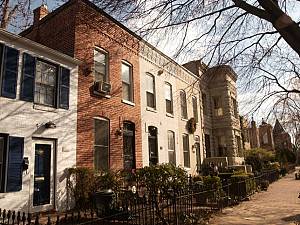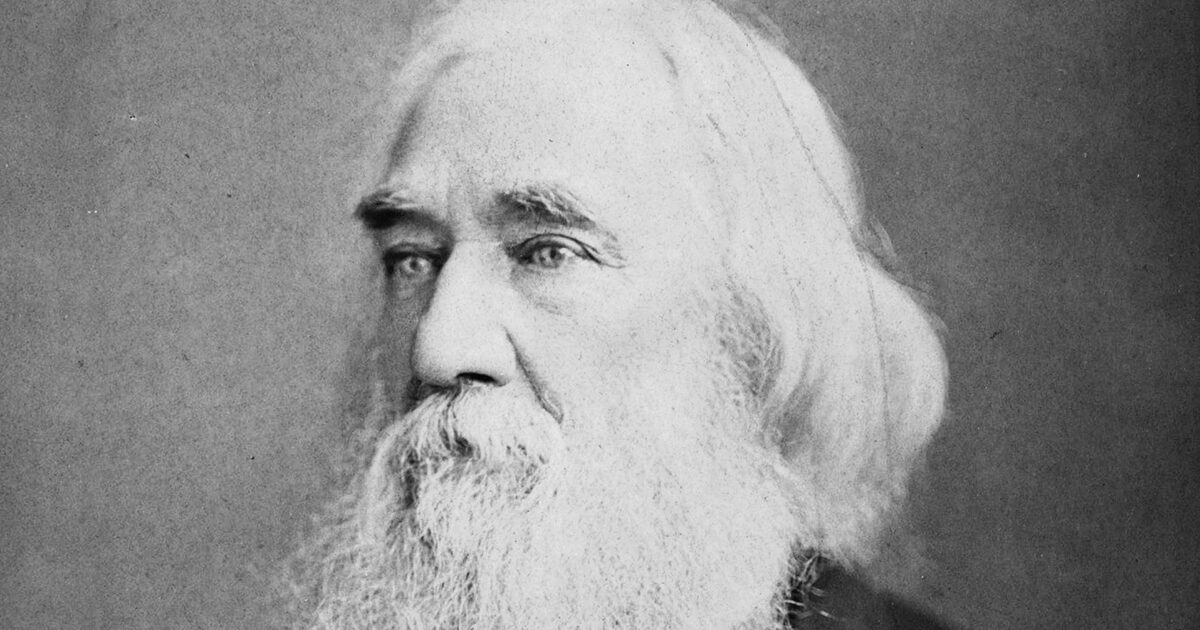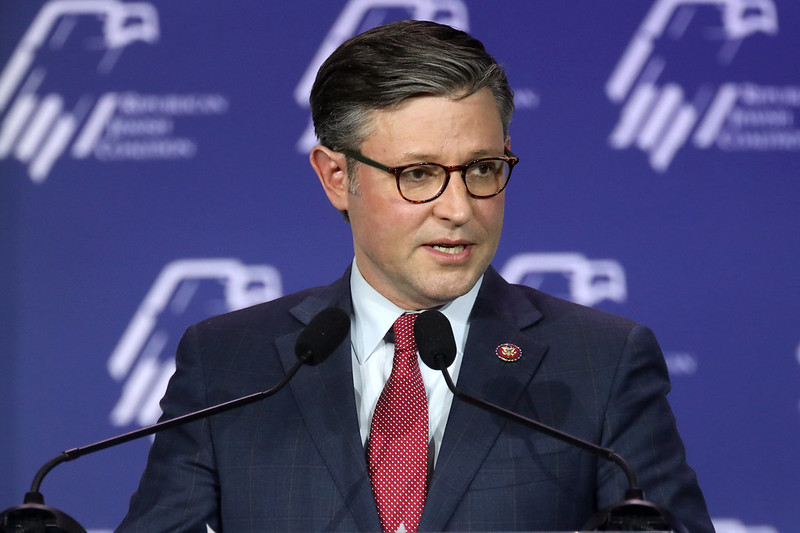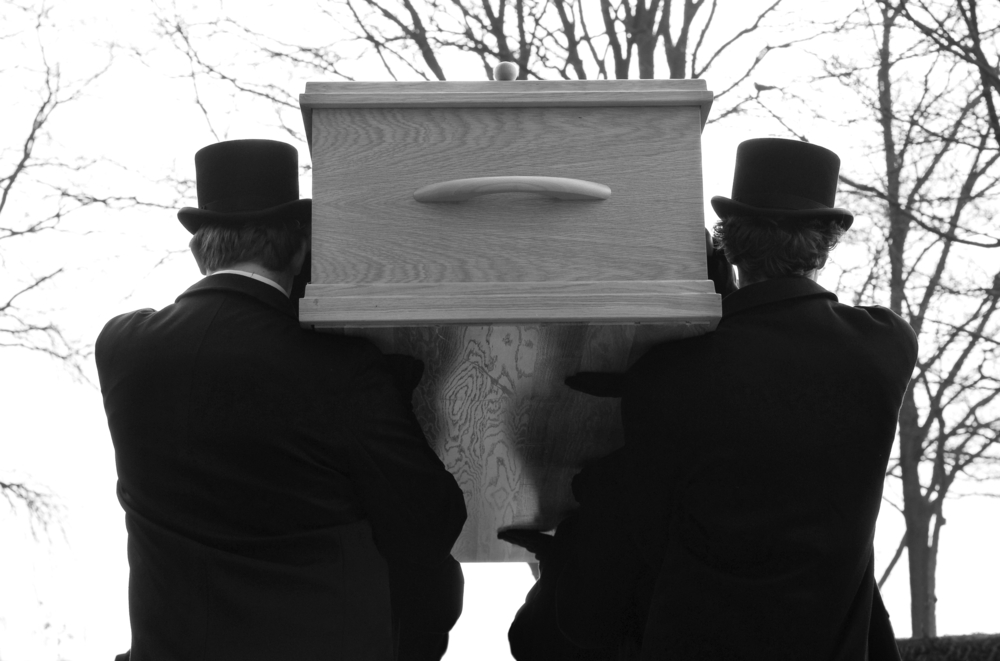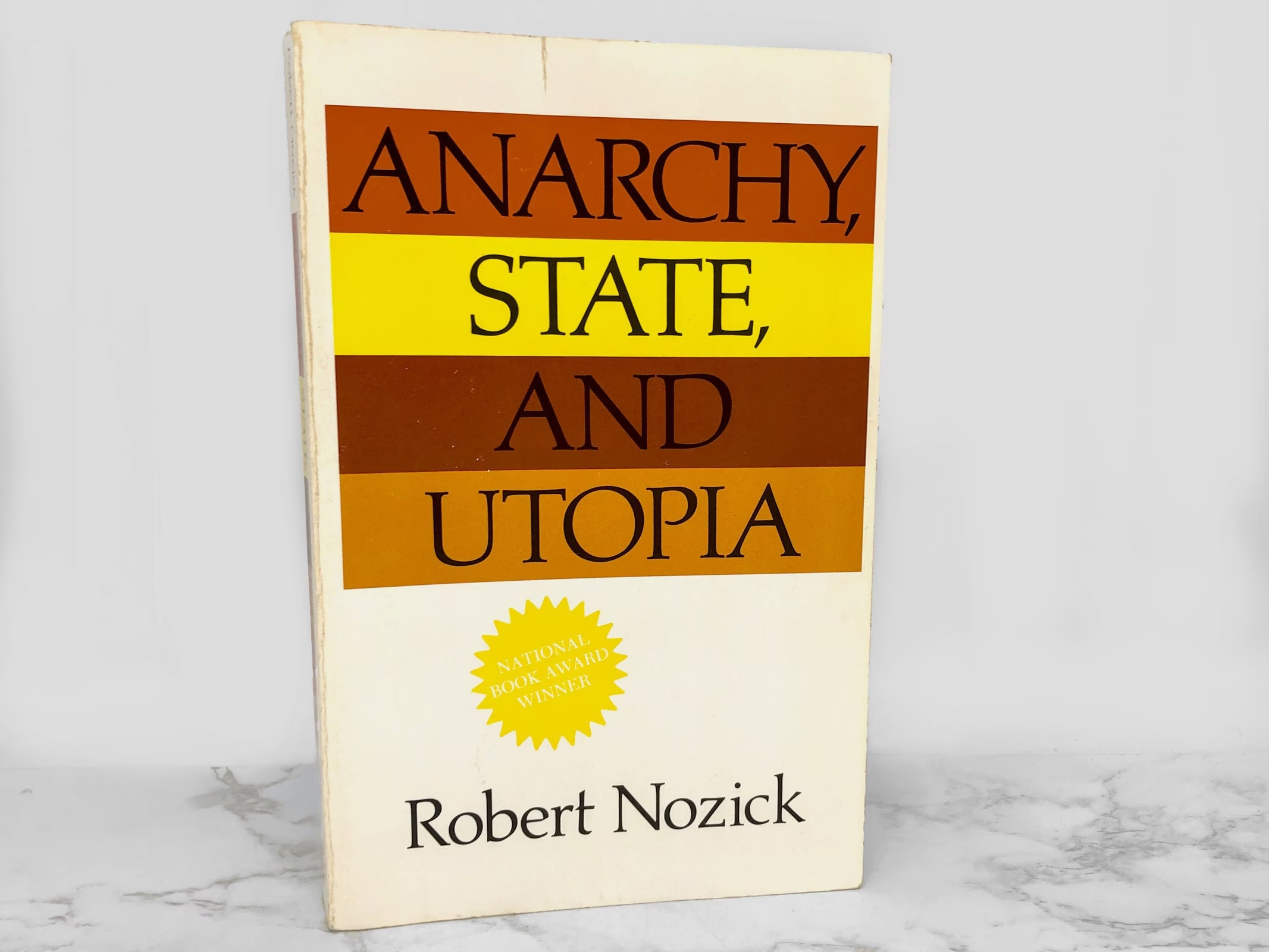A longtime resident of the Hillcrest neighborhood in Washington, D.C., Rashida Mims wonders why hotel lobbyists are taking such an interest in her short-term rental income.
After all, there are no hotels in Hillcrest, a roughly mile-wide triangle filled with tangles of residential streets along the far southeast edge of the nation’s capital. Mims makes a few thousand dollars off her Airbnb rentals each year, hardly enough to threaten the bottom lines of the hotels chains that are thriving in Washington. Those guests help Mims, who is retired, live a little more comfortably and bring an economic boost to her neighborhood.
But the Washington D.C. City Council is aiming to strike a blow against short-term rentals. A bill sponsored by Council Chairman Phil Mendelson will be given a vote on Tuesday. It would ban residents from renting their space for more than 90 days per year and would ban all rentals of secondary homes—that is, homes that are not occupied by the landlord listing them on services like Airbnb or HomeAway.
It’s the latest showdown in a city-by-city struggle that’s playing out between powerful hotel chains that see Airbnb as unwanted competition and residents like Mims who make a little extra cash by offering their extra bedrooms and second homes to tourists who want to see a different side of cities.


